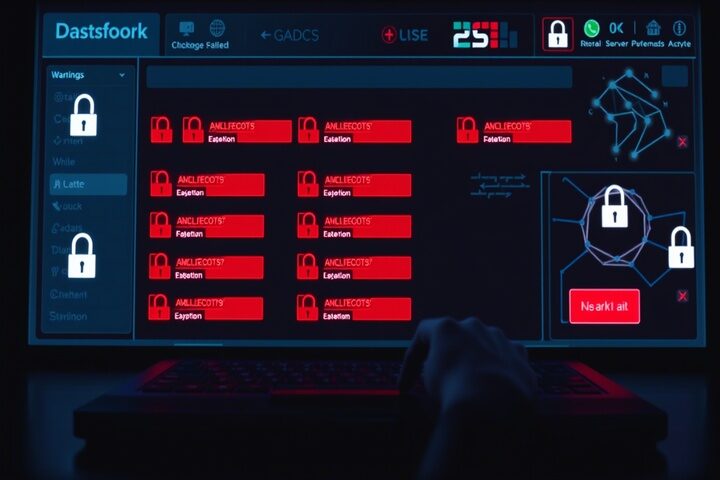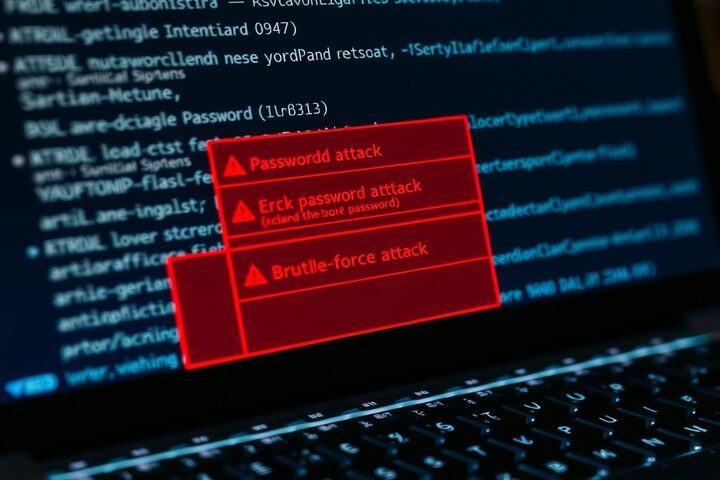A brute force attack in cybersecurity is one whereby hackers methodically try several password combinations in an attempt to access accounts. These attacks take use of poor security protocols, hence password guessing is a good way for illegal access. Defining against brute force attacks mostly depends on choosing strong passwords and including account lockout devices. This manual describes how to spot, stop, and minimise brute force attacks from compromising your systems.
Signs of a Brute Force Attack

A brute force attack detected alert typically indicates repeated login attempts from an unknown source. Common warning signs include:
- Unusual increases in login failures point to an ongoing attack in several failed login attempts.
- Attackers frequently utilize several IP addresses to evade detection in login requests from other IP addresses.
- High-frequency login attempts can overload authentication systems, therefore affecting slow system performance.
- Should a hacker correctly guess a password, they might take complete control of the account.
Steps to Mitigate a Brute Force Attack

If you suspect a brute force attack, take the following immediate actions:
- Set systems to momentarily disable accounts following a predetermined number of failed login attempts.
- Enforce strict password regulations combining uppercase, lowercase, numbers, symbols, and other elements.
- Use Multi-Factor Authentication (MFA), which calls for extra confirmation—such as a code delivered to a trusted gadget.
- Block suspicious IP addresses by means of security tools and firewalls, therefore identifying and preventing IP addresses connected to attack efforts.
- Track Login Activity: Frequent inspection of security logs helps to find trends of illegal access.
- Boost CAPTCHA Security Measures: Install CAPTCHA validation on login systems to stop automatic assaults.
- Change compromised credentials: Immediately change passwords and alert impacted users should an account be hacked.
Best Practices to Prevent Brute Force Attacks

To strengthen security and prevent future password guessing attacks, follow these best practices:
- Strong password policies call for passwords comprising special characters with at least 12 to 16 characters.
- Use account lockout and rate-limiting to limit login attempts per user therefore lowering the attack efficacy.
- Implement AI-Based Security Solutions: Detect and react to unusual login patterns using machine learning.
- Frequent updates of security policies: Review access restrictions and authentication systems often.
- Teach Users on Cybersecurity Risks: Teach staff members and consumers to spot security threats and phony efforts.
Get Expert IT Support Services in Germany
If you need assistance in securing your systems against brute force attacks, password guessing, and account lockout management, professional support can help. TechNow provides IT Support Services in Germany, specializing in advanced cybersecurity solutions, proactive threat monitoring, and authentication security. Contact TechNow today to protect your business from evolving cyber threats!






